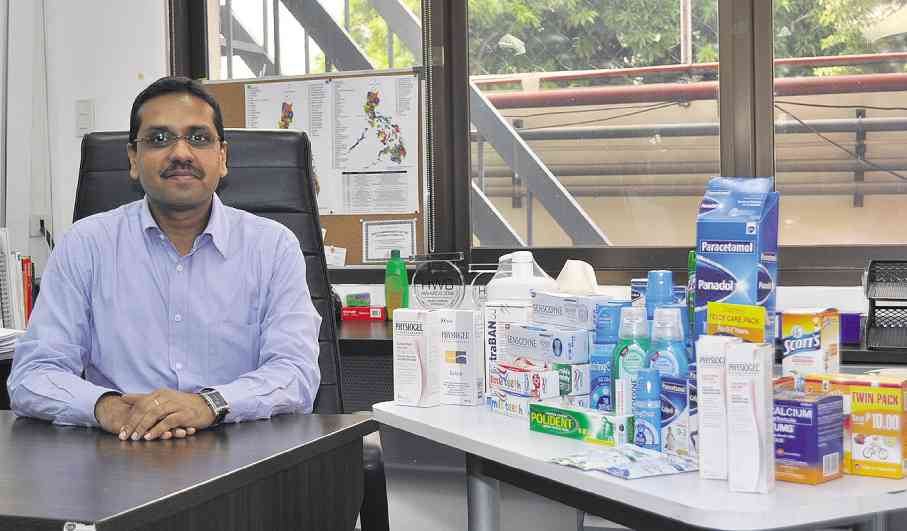GSK strengthens position in consumer health business
For the newly appointed Southeast Asia area general manager of GlaxoSmithKline (GSK), the British pharmaceuticals giant’s new Consumer Healthcare business exists for one purpose: to help more people feel better and live longer.
“Today, consumer health is a very significant part of GSK—accounting for 25 percent of the company’s annual revenue. Because people are taking an increasingly active role in managing their own health, consumer health is also one of the company’s fastest growing businesses,” said Debjit Rudra.
This is particularly true in the emerging markets, according to Rudra, wherein consumers are seeking more affordable and accessible products.
Rudra said: “No longer just passive receivers, the public has become more engaged in their health and proactively looking to find their own routes to better health. Huge advances in social media enabled and empowered the public to seek more information and get more engaged in their health.”
Advantage
Rudra added this is where GSK Consumer Healthcare will have its advantage.
“GSK has a heritage that goes back more than 160 years, producing some of the world’s best-loved healthcare brands including: (pain relief) Voltaren, Panadol; (respiratory) Theraflu, Otrivin; (specialist oral health) Sensodyne, Polident, Aquafresh; (nutrition) Horlicks, Tums; (skin care) Physiogel, Zovirax and Lamisil,” said Rudra.
Today, GSK’s Consumer Healthcare business is organized into five global categories: Pain Relief, Respiratory, Oral Health, Nutrition/Gastro Intestinal and Skin Health.
Built on science
He further added that GSK’s Consumer Healthcare business is built on science and this research heritage gave the company a unique advantage over its competition.
Rudra said: “The innovations we have done have resulted in more convenient, more effective and less expensive treatments for today’s time-stressed and increasingly empowered healthcare consumers. And we are continuously innovating. Take for example our Panadol tablet. While it is still paracetamol like all those offered in the market today, ours features a unique quick release formula that disperses quicker than its standard counterpart. Moreover, the tablets are film-coated, making them easier to swallow.”
Sharpening up
Interestingly, when Emma Walmsley, GSK Consumer Healthcare CEO, was recently asked about her strategy for her newly-expanded business, she said it is sharpening up its geographic choices.
Rudra explained this is why the center of global economic gravity is now shifting toward Asia, particularly in the Asean region, especially now that it has created a single market and production base (called the Asean Economic Community that allow the free flow of goods, services, investments and skilled labor, and the freer movement of capital across the region).
“Asean economy is the seventh largest in the world with a combined gross domestic product of $2.6 trillion in 2013. With over 600 million people, Asean’s potential market is larger than the European Union or North America. This is where GSK would like to make a strong presence,” he noted.
Rudra also related that the company is very excited about its prospect in the Philippines, considering it is one of the strongest in the region, economically. “With over 100 million population, our growth potential here is very huge. In an increasingly global market place, the importance of the economies in Southeast Asia, including the Philippines is set to grow.”

